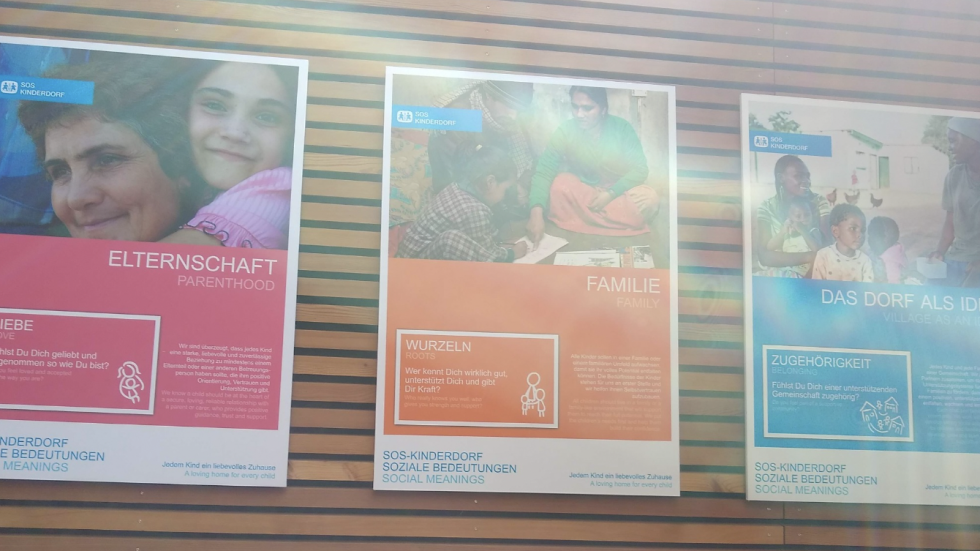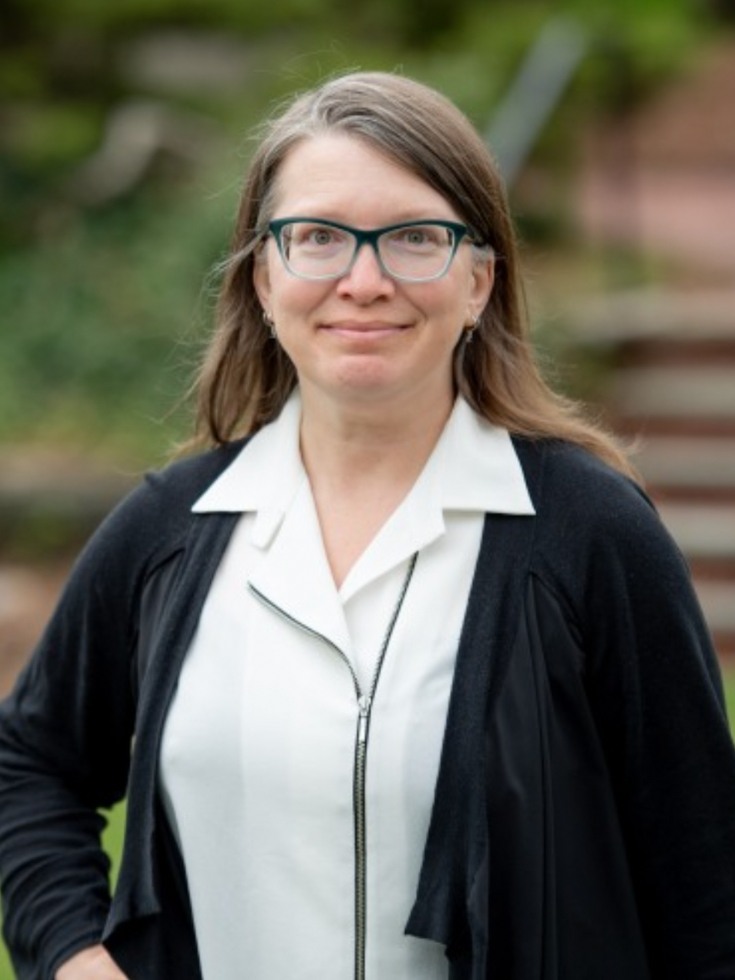International Women's Day is March 8th. In this feature, Jessaca Leinaweaver shares her recent work with the international organization SOS Children's Villages and her continuing research around the past, present, and future of gendered kinship.
"Women’s History Month is a really important moment to reflect on the continuities and shifts in the roles women have filled over time.
Recently I’ve been collaborating with an international NGO, sos_childrens_villages, which provides care for children without parental support all over the world. SOS has a distinctive model of small-scale residential care, where children are cared for in family-like groups by full-time caregivers, usually in clusters of houses or integrated into wider communities. These caregivers are almost always women, and as SOS has expanded around the world they have provided important job opportunities for many women.
From the earliest days of the organization’s founding in 1949, the caregivers have been referred to as SOS Mothers. In recent years the organization has begun to move away from that title, recognizing the substantial cultural weight of the gendered kinship term and electing to prioritize understandings of caregivers as child and youth care practitioners, and of care as work. These ongoing conversations yield really interesting data about how 'mothers' are understood in a global NGO and in the countries where they work – what mothers do, how mothers behave, and who mothers are. By analyzing these ideas using a lens from anthropological kinship theory, I explore how the changing language from mother to caregiver may also reflect a deeper shift that acknowledges the ambivalences of family relationships. Women’s History Month is about learning how women’s lives and possibilities have changed over time, and SOS motherhood is a fascinating example of how emerging work opportunities for women intersect with cultural ideas about what women’s roles are available.
I’ve also analyzed the cultural formations of motherhood in other contexts, like North American women’s university education in home economics 'practice houses' in the mid-twentieth-century. There, women interacted with 'practice babies' as they learned the skills involved in mothering.
Both of these examples draw on women’s history to illustrate how mothering can be learned, perfected, and practiced – it is therefore not (or does not have to be) a natural or inherent part of women’s identities."

